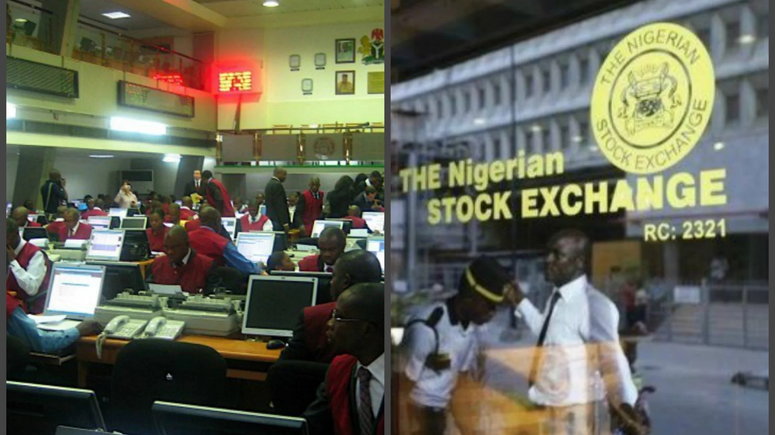Some capital market operators on Thursday said that early disbursement and mobilisation for capital projects of the 2020 budget would boost activities in the nation’s stock market.
They stated this in separate interviews with the News Agency of Nigeria (NAN) while reacting to the 2020 Appropriation Bill signed by the President Muhammadu Buhari on Dec. 17.
Mr Ambrose Omordion, the Chief Operating Officer, InvestData Ltd., said that early disbursement of funds and mobilisation of budget funds would kick start economic activities, especially the stock market.
Omordion added that early signing of 2020 budget was a right step to give economic direction that would help corporate bodies and investors to plan.
He said that change in the country’s budget cycle to the fiscal year of January to December was also a welcome development.
READ ALSO: JAMB Registrar- JAMB To Discontinue N100m Allocation To State Offices
Omordion said that the Ministry of Finance and the National Assembly needed to give the implementation level of the 2019 budget that was signed into law on May 28.
Also speaking, Mr Sola Oni, Chief Executive Officer, Sofunix Investment and Communications, said early signing would give room for effective and efficient implementation.
Oni stated that early signing of the budget would remove uncertainty in the planning and execution of capital projects.
He said that it would help investors in the timely review of investment decisions in line with economic realities.
“For investors, it signals a basis for a timely portfolio review in consonance with the implications of the new budget on the sectors where an investor has asset classes,” Oni said.
NAN reports that President Buhari on Dec. 17 signed the 2020 Appropriation Bill of N10.59 trillion into law.
The budget was increased from N10.33 trillion to N10.59 billion by the National Assembly.
NAN reports that N560.47 billion of the total budget is for statutory transfers, while N2.7 trillion is for debt service.
A further breakdown of the budget includes N4.84 trillion for recurrent expenditure; capital expenditure N2.46 trillion; fiscal deficit N2.28 trillion; and deficit/GDP 1.52 per cent.




 Premier League
Premier League